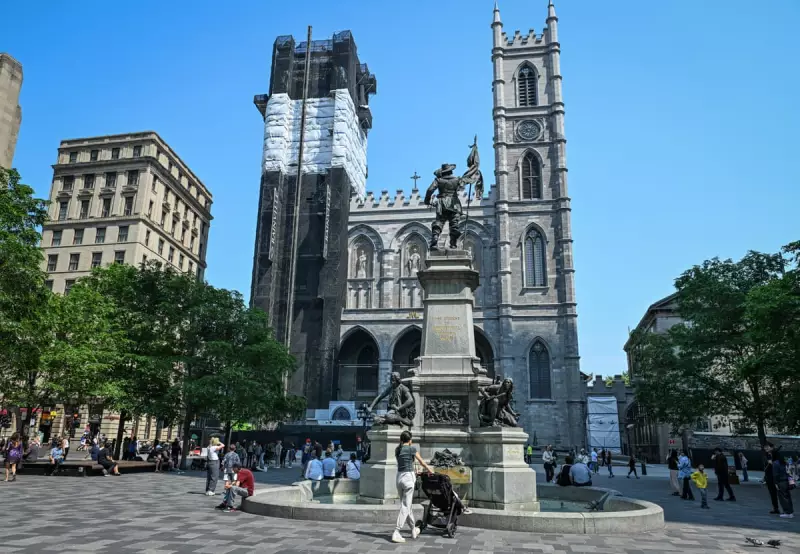
The government of Quebec has ignited a fiery national debate after passing one of North America's most stringent secularism laws, effectively banning public prayer in a wide range of settings.
Known as Bill 25, the new legislation prohibits public servants—including teachers, healthcare workers, and police officers—from engaging in prayer or other overt religious observances while on duty. The ban extends to public spaces like libraries and public squares, where organised prayer gatherings are now forbidden.
The Government's Stance: Upholding State Secularism
Premier François Legault and his governing coalition argue the law is a necessary step to firmly establish the neutrality of the state. They assert that visible religious acts by figures of authority undermine the secular nature of public institutions, a core principle in Quebec society.
"The time for endless debates on secularism is over," stated a government spokesperson. "This law provides clarity and ensures the state remains neutral for all citizens, regardless of their faith."
A Wave of Immediate Backlash and Legal Challenges
The reaction from civil liberty groups, religious organisations, and the political opposition has been swift and fierce. Critics condemn the law as an authoritarian overreach that disproportionately targets religious minorities, including Muslims, Sikhs, and Jews.
"This isn't neutrality; it's the state-sponsored suppression of faith," argued a representative for the National Council of Canadian Muslims. "It tells citizens they are not free to be who they are if they wish to serve their community."
Legal experts confirm that the law is already facing constitutional challenges, with opponents prepared to argue that it violates Canada's Charter of Rights and Freedoms all the way to the Supreme Court.
What The New Law Means in Practice
- Public Servants: Teachers, doctors, and police officers are prohibited from praying visibly during work hours.
- Public Spaces: Local authorities can disband organised prayer groups in parks and other municipal properties.
- Enforcement: The law establishes a mechanism for complaints and potential disciplinary actions for those who breach the new rules.
The passing of Bill 25 solidifies Quebec's position at the forefront of North America's debate on secularism, setting the stage for a protracted legal and cultural battle over the limits of religious expression in public life.





